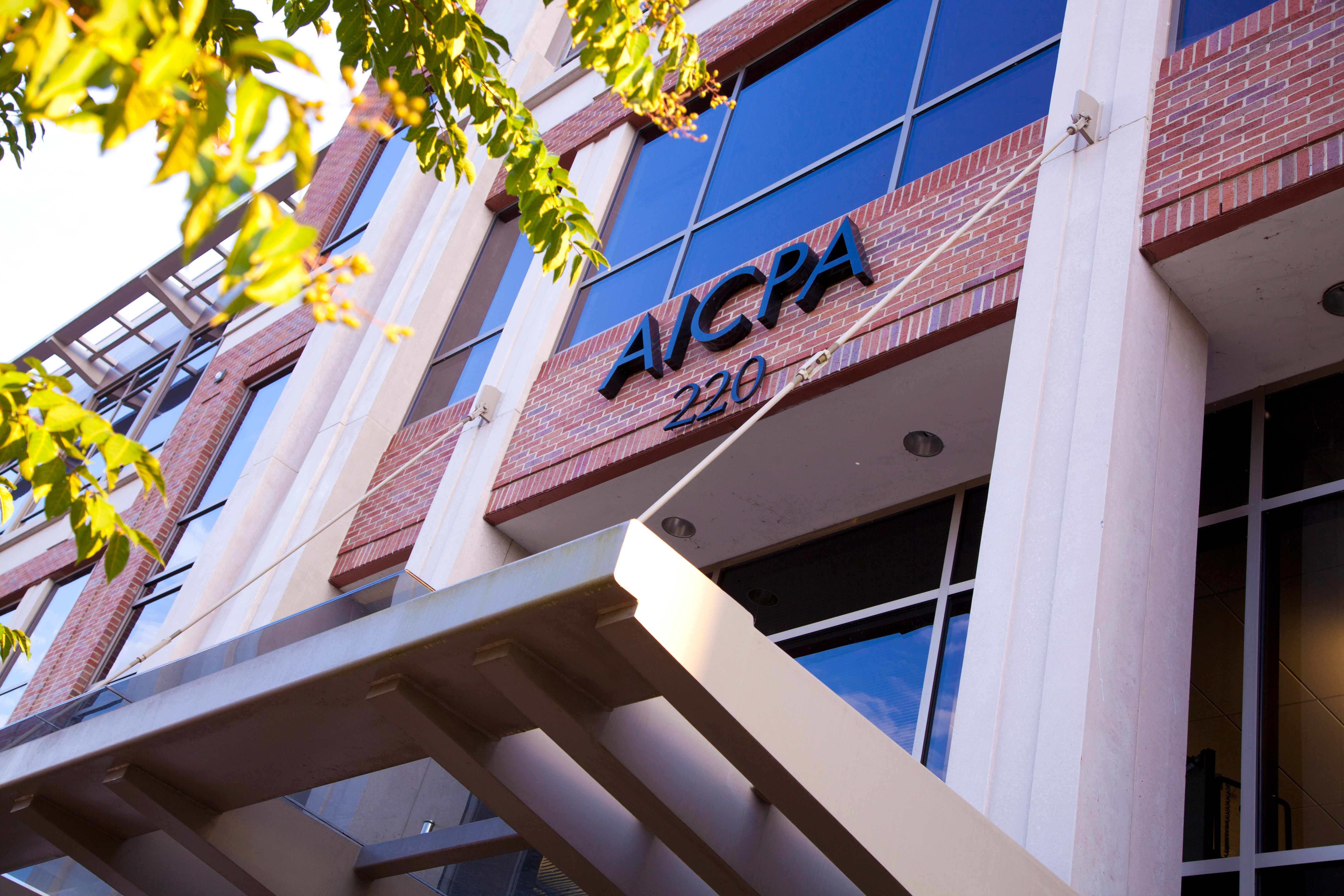The American Institute of CPAs joined forces with the International Franchise Association and payroll companies Paychex and Intuit in issuing an open letter Sunday to President Donald Trump, U.S. Treasury Secretary Steven Mnuchin, Small Business Administrator Jovita Carranza and members of Congress proposing expedited funding for small businesses amid the coronavirus pandemic via payroll processing.
The coalition proposed the federal government set up and fund a central payroll account for small-business payroll processors to use to direct funds to small businesses to keep paying employees.
“Small businesses are the heart of the American economy and employ roughly 60 million people,” the letter states. “We know the impact that layoffs have on workers’ lives and business operations, so it’s critical we keep as many people on the payroll as possible.”
Payroll processors produce approximately 40 percent of all payroll payments in the United States, according to the coalition.
“If we want the most efficient way to get money in the hands of small businesses… it is efficient with payroll processes,” AICPA president and CEO Barry Melancon told Accounting Today. “When we get past [the coronavirus pandemic] and businesses start operating again, we will be much quicker getting back to operating speed.”
The coalition stressed the swiftness with which this plan can fund small businesses, which will be of central importance as non-essential businesses are forced to close and layoff employees across the U.S. The funds for implementing such a plan will be contingent on Congress passing a coronavirus rescue bill, which was blocked for a second straight day Monday.
In helping assemble this coalition, the AICPA also spoke with many firms of various sizes to gather input.
“The journey we went on–firms are trusted advisors of businesses in America. The top expense for their businesses are their employees, and we thought about what’s the fastest and best mechanism to support this expense and maintain the business entity, as Barry described,” said Erik Asgeirsson, president and CEO of CPA.com. “We quickly came to the conclusion that payroll processors, with firms, could play a real leadership role here. There’s a couple reasons why this could work very well. These arteries of distribution are already established. Payroll processors have all the information on who’s being paid and connections to the business. If they are given funding, federal funding, as the one-pager noted–a centralized account will be set up to find these payroll companies to continue to make payroll for these small businesses.”
Asgeirsson noted that the AICPA expects more payroll companies to join the coalition in the coming days, comparing it to the government’s other public/private partnerships that have emerged in response to the pandemic. He also stressed that the plan will require the expertise of trusted advisor CPAs.
“Firms could play a role in the application and verification process as needed,” he explained. “Now Congress is talking about that everyone wants to keep small businesses going, but they need to do it with a mechanism that will work. The SBA is an important governmental agency, but they don’t have the connections to all businesses today. This solution is immediate, which can keep these businesses operating.”
“Speed is important, the speed here and the efficiency to actually get the money where it needs to go is critical,” Melancon said. “It’s not about payroll processors or the CPA profession–we’re the enablers. It’s about the economic fiber of the American economy, particularly small businesses.”
The AICPA is prepared to respond to the next actions out of Washington, Melancon said.
“The component parts [of the coronavirus relief bill] we think align to what we’re talking about. It’s just going to be, when passed, what’s in it. Once it’s passed, the execution falls to the Treasury on how they want to best execute it. Hopefully, at least part of it is this. We are standing ready with working groups to help them make it happen. We understand people are under pressure, and making tough decisions.”